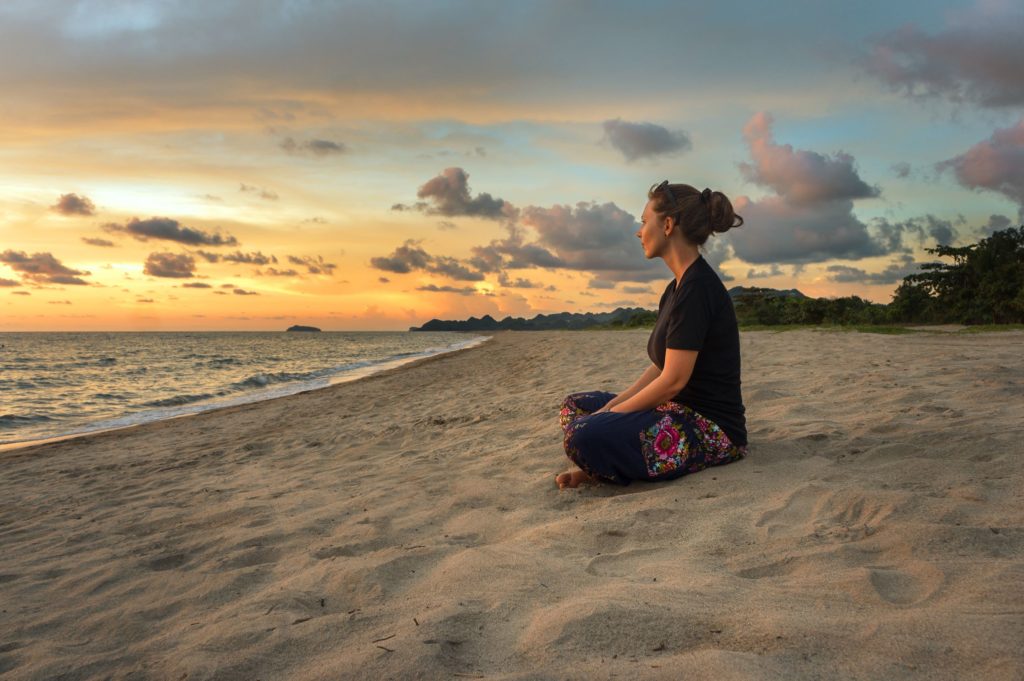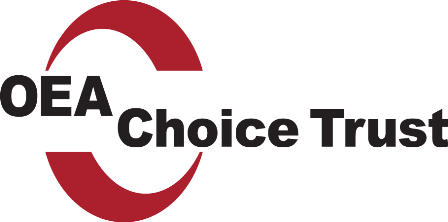As the end of the school year approaches, it can be exciting to make plans for your summer break! Making time to recharge, rejuvenate and rest can be restorative and needed after the challenges of the 2020-2021 school year.
We encourage you to reflect on ways you can celebrate your resilience and prioritize self-care during your time off! This includes “boring self-care” which, while not the most fun, can help you reduce stress in different areas of your life.
Celebration
How we celebrate has changed due to the pandemic, so it may be time to devise new ways to recognize our accomplishments and share that joy with others. It’s important to follow COVID-19 safety guidelines and respect others’ comfort with gathering in person.
Ideas for celebrating:
Decorate – Set the tone for a celebration with balloons, a banner, streamers or other decorations that let you know it’s a joyful occasion. Whether you decorate at work or at home, having a small space dedicated to celebrating can help you commemorate the start of summer break. If you’re celebrating on Zoom, consider uploading a summer themed Zoom background and having a virtual toast to the end of the year!
Commemorate – Using a common space, such as a bulletin board in a break room or a Google classroom, encourage staff to reflect and share on something they learned or accomplished that year. If you have space in person, you can create a gratitude tree and have staff add leaves, apples and flowers with notes about who and what they are grateful for as the school year comes to a close. A poster board can be made into a decorated photo frame for taking fun photos that staff can share with friends and family.
Share the joy – Bring the end of the year to a close by thanking those who helped you get through it and congratulating your colleagues on their incredible resilience! Whether you do a shout out at an in-person or Zoom meeting or write notes in a greeting card, your appreciation for others and warm wishes for their summer break can help others join in on the celebratory spirit. This can be a great option for including staff you don’t work with day to day but who helped you have a successful school year. It’s important to remember that it’s a team effort, from transportation staff to nutrition services to the technology department.
Share food – Whether it’s a graduation celebration, birthday or a wedding, there’s often food to help attendees celebrate. No matter who you are celebrating with, be sure to take COVID-19 safety guidelines in consideration. Prepared servings or prepackaged items can help limit the amount of food handling. If you’re serving a sugary treat, providing healthful options as well can support staff trying to make healthful snack choices. If you’re celebrating at home with family, making a special meal can be a memorable way to spend time together. Getting takeout can support a local business and lessen the number of dishes to wash!
Share summer plans – If possible, make time and space to share summer plans! After wrapping up an extra challenging school year, it can be uplifting to share the fun ways staff will rejuvenate and relax during the break.

Self-Care
While summer break can be a time to rest and recharge, it can also be important to take care of things that might be challenging to fit into your schedule during the school year.
Self-care has been marketed as positive experiences such as treating yourself or spending a day relaxing. However, self-care also includes practical tasks and “boring self-care,” a term used and illustrated by artist Hannah Daisy. Hannah reminds us that “boring self-care” is valid and important, even if we’re not excited to get it done.
Self-care can include:
Checkups and care for the body – Scheduling and going to routine medical checkups and dental cleanings can be an important part of preventive care, helping you prevent or manage medical conditions. If you don’t need to see a medical professional for a checkup, you can still use resources from your care provider’s website or other trusted sources to increase the ways you tend to your health and well-being.
Resources for body care:
- American Heart Association website
- Harvard Health Publishing website
- Yoga with Adriene
- Food Hero recipes and resources

Checkups and care for the mind – Just like the body, sometimes the mind could use some support. Though getting therapy or counseling might be associated with mental illness, you don’t need to have a mental illness to benefit from therapy. Seeing a counselor or therapist, whether through your insurance provider or using your organization’s Employee Assistance Program, can be a great way to maintain your mental health. There are also reputable organizations with free resources, like Mental Health America.
Resources for mental health:
- Mental Health Resources – Mental Health America
- Resilience Webinars and More – Reliant Behavioral Health
- 7 Ways to Seek Affordable Therapy – Anxiety and Depression Association of America
- Are u ok? – book by Kati Morton, LMFT
Starting healthy habits – With potentially more free time in your schedule, summer might be a good opportunity to start and solidify a few healthy habits. These habits could be physical, such as taking walks, flossing, eating more vegetables or stretching. You could also consider starting a healthy habit for your mind such as mindful eating, meditation, budgeting or journaling. Consistent practice during the summer can help you weave in these practices when school begins again.
Resources for starting healthy habits:
- 5 Ways to Make a Habit Stick – Forbes
- The 5 Triggers That Make New Habits Stick – James Clear, author of Atomic Habits
- Simple Habit Tracker – Excel spreadsheet

Getting things in order – This could apply to lots of things in your personal life or home. Whether it’s automating bill payments, cleaning house, sorting items for donation or getting your car’s oil changed and air filter replaced, you may have time to give your home, car, budget or schedule a little extra care. Remember to give yourself credit for completing your tasks!
- 10 Eco-Friendly Tips and Tricks for Cleaning Your Home – Huffington Post
- Clean Mama – Clean Mama blog
- Prepare Your Car for Summer Travel – AAA
Emergency preparedness – It can be difficult during our busy routines to make time to prepare for an emergency, but this is important for our future health and safety. Since achieving emergency preparedness can take time and money, it can be helpful to tackle a certain number of tasks or purchase certain materials each week or month.
You can also sign up for community emergency text systems that alert you to local emergencies, such as the Public Alerts system in Multnomah County or the Deschutes Emergency Alerts for Deschutes County, Crooked River Ranch and Camp Sherman.
Whether you live in the country, a neighborhood or a bigger city, getting to know your neighbors can help create a support system. Include neighbors in your emergency planning and be aware of neighbors who live alone and might need additional support during an emergency.
Resources for emergency preparedness:
- Be Red Cross Ready Guide – Red Cross
- What Do You Need in a Survival Kit? – Red Cross
- Be Informed – Red Cross
The OEA Choice Trust staff wish you a healthy, happy summer! Please look out for another blog post in August or September!

